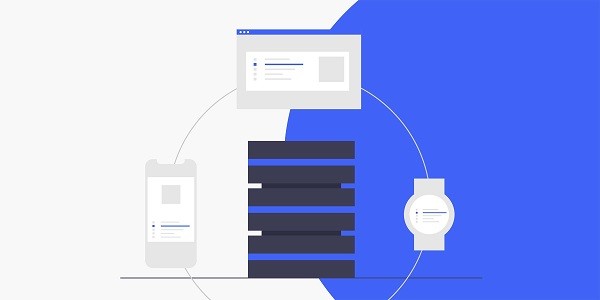What exactly is the issue with Facebook session timeout?"Facebook session timeout" means that when a user logs in or uses Facebook, the system determines that the connection is abnormal and the session is forcibly interrupted. This phenomenon is common in scenarios where the network is unstable, multiple devices are logged in, or IP addresses are frequently changed. For companies and individuals who rely on Facebook for social networking, advertising, or cross-border business, session interruptions may lead to data loss, reduced operating efficiency, and even account risk control. IP2world's proxy IP service helps users reduce the occurrence of such problems by providing a stable network environment. How does the network environment affect session stability?Internet services usually track user activities through IP addresses and cookies. When users switch between different networks (for example, from Wi-Fi to mobile data) or use shared IPs, the server may detect abnormal login behavior and trigger security mechanisms, forcibly terminating the session. Dynamic IPs are particularly prone to such problems because the IP location and operator may change each time you connect. How does proxy IP optimize session management?The core function of proxy IP is to hide the user's real IP and simulate a localized network environment. For example, static ISP proxies provide fixed IP addresses, which are suitable for scenarios that require long-term stable logins; dynamic residential proxies reduce the risk of being blocked due to IP reuse by rotating residential-level IPs. In addition, exclusive data center proxies can provide dedicated bandwidth for high-concurrency tasks, avoiding connection interruptions caused by resource competition. What critical settings do users often overlook?Some users mistakenly believe that they can solve the problem by simply changing their IP, but ignore details such as device fingerprints, browser cache or time zone synchronization. For example, if the same account logs in from multiple time zones in a short period of time, it may still be judged as abnormal behavior even if the IP address is legitimate. At the same time, uncleaned cookies may carry historical login information and conflict with the new IP. How to systematically reduce the risk of timeouts?Choosing a proxy type that fits your business needs is the basis. For tasks that need to run 24/7 (such as social media management), unlimited servers ensure that traffic is not restricted; S5 proxies are suitable for application scenarios that require deep camouflage due to their high anonymity and protocol compatibility. Regularly verifying IP purity, setting a reasonable session interval, and using automated tools to manage multi-account operations can further reduce the probability of triggering risk control. ConclusionAs a professional proxy IP service provider, IP2world provides a variety of high-quality proxy IP products, including unlimited servers, static ISP proxies, exclusive data center proxies, S5 proxies and dynamic residential proxies, suitable for a variety of application scenarios. If you are looking for a reliable proxy IP service, welcome to visit the IP2world official website for more details.
2025-05-15





